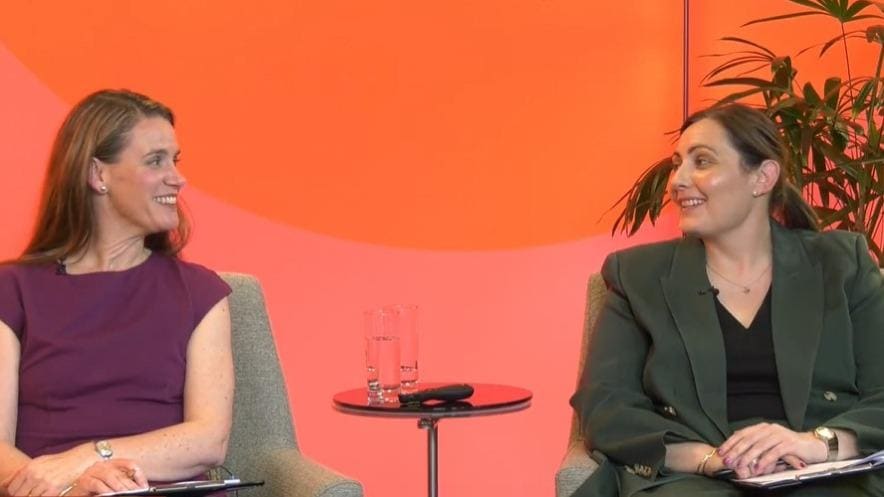In August’s tax briefing, we observed a relatively quiet month for tax developments. Key legislative updates include the progress of public country-by-country reporting and the Pillar Two global and domestic minimum taxes, both of which are expected to be passed by the end of the calendar year. Large businesses should keep a close watch on these significant changes.
The ATO has issued new guidance on Section 99B of the Income Tax Assessment Act 1936, which deals with trust income not previously subject to tax. This guidance is particularly relevant for private groups and high-wealth individuals. Additionally, the ATO has updated its practice statement on the collection and recovery of disputed tax debts, emphasising the importance of large businesses and wealthy groups either paying their disputed debts in full or entering a 50/50 arrangement with the ATO. The ATO has also commenced consultation of the administrative aspects of implementation of Pillar Two in Australia, including the design of two new Australian tax returns to facilitate assessment and collection of the new taxes.
The ATO has released a checklist for small to medium businesses and a guide for medium to large businesses for self-reviewing GST classification of food and health products. While the use of these guides is not mandatory, the ATO encourages businesses to self-review their GST classification and processes.
On the case law front, two key cases are headed to the High Court, with special leave applications to be heard for a case concerning dividend stripping and another case on royalties and diverted profits tax. The ATO has also indicated that it will defer finalising its draft ruling TR 2024/D1 on royalties in relation to software and IP rights, pending the outcome of the High Court proceedings in the case concerning royalties.
The Secretary General of the OECD recently provided an update on international tax reforms to the G20 Finance Ministers and Central Bank Governors. Progress continues on the Two-Pillar Solution to Address the Tax Challenges Arising from Digitalisation of the Economy with around 40 jurisdictions already having implemented or planning to implement the global minimum tax—otherwise known as, Pillar Two—with effect from January 2024 or January 2025. Work is also progressing on Pillar One.
To keep up to date with the latest tax developments in Australia, subscribe to PwC’s Monthly Tax Update.
Update on ATO’s combined assurance review programs
PwC’s Chris Vanderkley and Mark Simpson sat down with ATO Assistant Commissioners Megan Croaker (Top 1000 Program Leader) and Nadia Alfonsi (Medium and Emerging Strategy Leader) to discuss updates to the ATO review programs for public and multinational groups.
Megan provided an overview of the ATO’s Top 1000 program, which aims to assure that the largest public and multinational businesses have paid the correct amount of tax using a ‘justified trust’ approach. This program includes tailored one-to-one reviews, focusing on tax governance, significant transactions, tax risks flagged to the market, and the alignment between accounting and tax. She highlighted key findings on income tax and GST from the 2023 Top 1000 findings report, noting positive shifts in assurance ratings, with an increasing number of taxpayers achieving high assurance and improved governance ratings.
The ATO's approach has evolved over time, reflecting a deeper understanding of business operations and tax governance. Megan highlighted the new differentiated approach for the Top 1000, where the ATO will adopt a different approach for “significant taxpayers” (typically those with total business income of more than $1bn) and “general taxpayers” (all other taxpayers within the Top 1000 population). From an income tax perspective, this will see a lighter touch review, focusing on one year only, for “general taxpayers”, as opposed to the usual four-year review period which will remain in place for “significant taxpayers”.
Nadia outlined the ATO’s new medium public and multinational business engagement program which focuses on taxpayers that fall outside of the Top 1000 population. This is a risk-based program, through which the ATO will tailor its strategies according to the behaviours observed. These strategies are varied and may include audits and reviews, targeted letters, letters to correct errors, and help and education.
Nadia noted that taxpayers can reduce the risk of being selecting for an engagement by:
- following ATO advice and guidance
- ensuring all reporting, lodgment, and payment obligations are accurate and up to date, including lodgment of tax returns and all relevant schedules, a PAYG annual report if required and reporting obligations for country-by-country reporting entity
- staying informed of the program’s focus areas by subscribing to the ATO business bulletin, and
- having good record keeping and tax control frameworks.
This was followed by a Q&A session during which Megan and Nadia answered questions from the audience. You can watch this virtual event on demand now.










